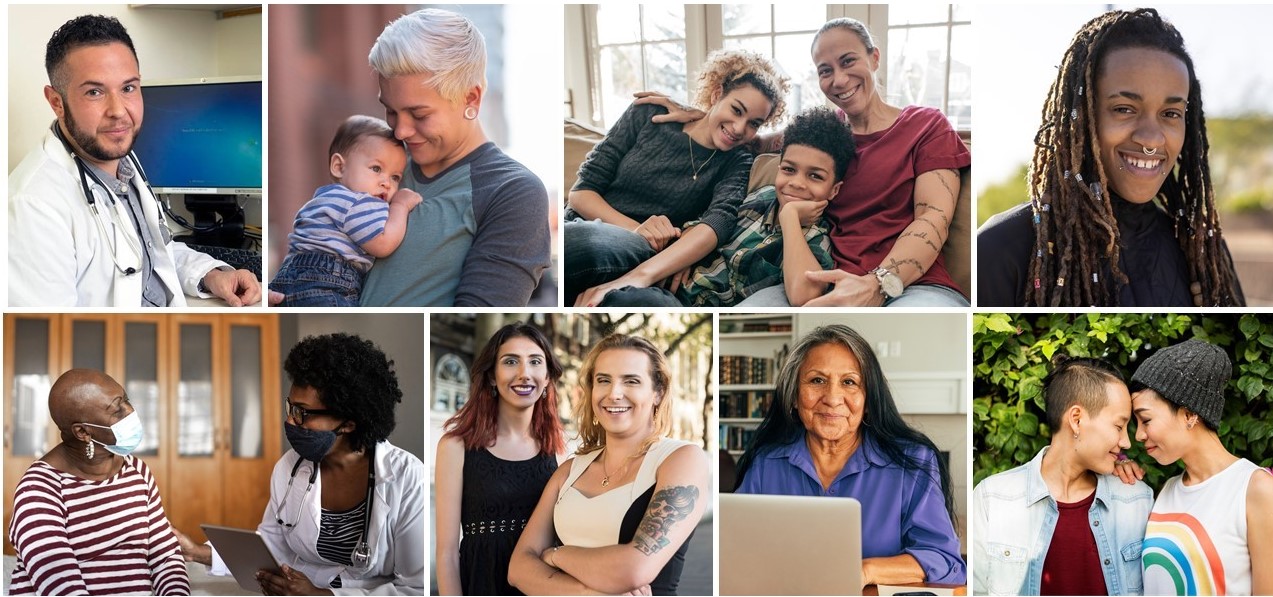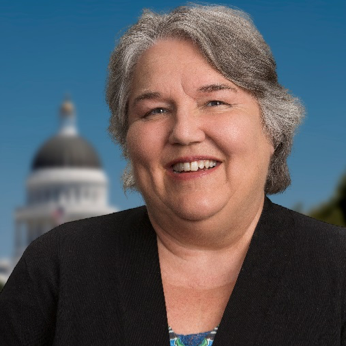|
https://www.thebeaconnewspapers.com/to-fight-injustice-he-built-schools/
To fight injustice, he built schools
La Verne Gray, left, was a
student at this former school in Capitol Heights, Maryland, one of more than
5,000 built to educate Black American children in the early 20th century,
when public schools refused to admit them. The massive building campaign was
partly funded and driven by philanthropist Julius Rosenwald. Today, Dorothy
Canter, right, is working to preserve some of the Rosenwald Schools still
standing and make them into a multi-site element of our National Park system.
Photo by Jason Sauler
Interior shot of the renovated Ridgeley School in
Capitol Heights, Prince George's County, Maryland.Photo by Preservation Maryland
By Glenda C. Booth
Posted on January 31, 2022
“All the other pleasures of life
seem to wear out, but the pleasure of helping others in distress never does.”
—Julius Rosenwald Bethesda
retiree Dorothy Canter was “blown away” when she saw “Rosenwald,” a 2015
documentary directed by Aviva Kempner that told the story of Julius Rosenwald, a
philanthropist who built more than 5,000 schools for African American
children who were denied the right to public education during the Jim Crow
era.
Born in 1862 to German Jewish immigrants who
came to the U.S. fleeing persecution in the mid-1800s, Rosenwald left his
Illinois home at 16 for New York City. There he learned the clothing trade,
never completing high school.
When
he was 23, he moved to Chicago and opened a company making men’s suits.
Sears, Roebuck & Co., then a struggling new company that sold many
products by mail order, was a client. Rosenwald eventually headed Sears,
transforming it into a retail powerhouse.
Rosenwald
believed in the Jewish concepts of tikkun olam, “repair the
world,” and tzedakah, which means “righteousness, charity
and responsibility.” He had a “give while you live” philosophy, believing
that every generation should create wealth and direct it for use in their
time.
He
was alarmed at the injustices against African Americans, and in 1911
befriended Booker T. Washington, founder of the Tuskegee Institute (now
Tuskegee University), and joined Tuskegee’s board.
At
Washington’s urging, Rosenwald helped six rural Alabama communities raise
money to build schoolhouses at a time when there were few or no schools for
African American children in the rural South.
From
that effort with Washington grew a financing partnership combining
Rosenwald’s grants and local contributions that led to the construction of
5,357 school facilities for African American students in 15 states between
1913 and 1932.
Inspired to
create a national park
Before
seeing the film, Canter, a retired Ph.D. biophysicist, had never heard of
Rosenwald. As she walked out of Washington’s Avalon Theater, she had a
lightbulb moment and told her husband, “We need a national park to honor
him.”
Inspired,
Canter established the Rosenwald Schools National Historical Park campaign,
recruited board members, met with national park and historic preservation
officials, recruited 107 supporting nonprofits, commissioned three studies
and is president of the campaign — all as a volunteer.
Her
group wants the National Park Service to create a multi-site national park
honoring Rosenwald’s legacy, with a visitors’ center in Chicago, the
philanthropist’s hometown.
Canter
dreams of being first in line at the ribbon cutting for the new Rosenwald
Park, the country’s first of more than 400 in the U.S. to honor a Jewish
American. Like Rosenwald’s parents, Canter’s Eastern European and Russian
grandparents came to the U.S. to escape persecution.
“They
stressed the importance of education and social justice,” Canter said of her
grandparents. “Like so many immigrants, they contributed to our nation. I
will be very proud to see a story that reflects some of their history shared
in a new national park.”
A biography of
Rosenwald Board
member and D.C. resident Stephanie Deutsch learned from a newspaper wedding
announcement that her husband’s great-grandfather was Julius Rosenwald.
A
stay-at-home mom for years, Deutsch became so intrigued with the story that
she wrote a book, You Need a Schoolhouse: Booker T. Washington,
Julius Rosenwald, and the Building of Schools for the Segregated South.
She
probed archives and visited two dozen Rosenwald Schools. Learning the story
“opened my eyes to the African American experience,” Deutsch said. “In the
face of prejudice and exclusion, they built up very strong institutions.”
Deutsch
describes her book and volunteer work to preserve the history of Rosenwald
schools as her “second act.” Today, she’s on the campaign’s board and is
writing a second book about the fellowships Rosenwald created in 1928 for
talented African Americans.
Nearly
900 artists and scholars received Rosenwald Fund grants, among them Langston
Hughes, Marian Anderson, Ralph Ellison and Jacob Lawrence. Twelve worked with
Thurgood Marshall on the landmark Brown v. Board of Education Supreme
Court case that found segregated schools to be unconstitutional.
Thousands
of students — including John Lewis and Maya Angelou — flourished in Rosenwald
schools throughout the country.
Many schools in
this areaRosenwald’s
donations, matched with local contributions, led to the construction of 382
Rosenwald buildings in Virginia between 1917 and 1932, and 150 schools in
Maryland, including 27 in Prince George’s County and 17 in Montgomery County.
In
1927, Marylander LaVerne Gray’s family donated two acres of their farm in
Capitol Heights for a Rosenwald school. Gray’s mother, Mildred Ridgeley-Gray,
attended the Ridgeley School starting in 1927 and later taught there. Gray
also attended Ridgeley from 1949 to 1954, when the school closed following
the Supreme Court’s decision.
The
Ridgeley School, listed on the National Register of Historic Places, still
stands today, fully restored in 2011.
“It’s part of a
great story of how a community of former slaves could educate their children
— and when the opportunity came along, they grabbed it,” Gray said.
“It’s a story of
the camaraderie between Rosenwald and Black people to enhance the lives of us
all. It’s a great American story.”
Endangered
schools
From
the 1920s to the 1940s, about one-third of Black children in the South
attended Rosenwald Schools. After the Supreme Court’s ruling to end school
segregation in 1954, public school systems gradually desegregated.
As
a result, many of the Rosenwald school buildings were abandoned or
demolished. In 2002, the National Trust for Historic Preservation put Rosenwald
Schools on its “11 Most Endangered Historic Places” list, noting that only 10
to 12 percent of the buildings still stand.
Many
people are working to save those existing buildings. For instance, the
100-year-old Scrabble School in Rappahannock County, Virginia, was restored
after being neglected for four decades, thanks to some of its alumni.
“I
am very excited to have this nice little gem of a place,” said Nan Butler
Roberts, president of the nonprofit Scrabble School Preservation Foundation
Roberts
attended the Scrabble School for first through fourth grade, 1962 to 1966,
and recalls that her teacher had to commute 75 miles one way weekly from
Lynchburg.
She
helped restore the building as a senior center in 2009. “I’m a doer when I
get involved in something I’m passionate about,” she explained.
The national park
campaign
Canter’s
group hopes to include many of the remaining Rosenwald school buildings in
the national park system.
So
far, the campaign to establish the Julius Rosenwald & Rosenwald Schools
National Historical Park has raised funds and prepared several studies on
Rosenwald’s legacy and the schools.
The
studies concluded that Rosenwald and the Rosenwald Schools are of national
historic significance and that the park would be an important enhancement to
the national park system. One study identified Chicago sites for the future
visitors’ center.
Working
with state historic preservation officials, the group recommended 56 former
school facilities for possible inclusion in the national park system.
They
lobbied Congress to pass a bill, which became law last year, requiring the
National Park Service to conduct a special resources study, the normal
prelude to creating a national park.
The
Park Service will determine if there are nationally significant natural or
cultural resources, and whether they are a suitable and feasible addition to
the park system.
Campaign
members volunteer untold hours and energy to move the project forward,
inspired by Rosenwald and Washington.
“The
important lesson is in how people can partner and get something done,” said
Fairfax County resident Jordan Tannenbaum, a campaign board member. The
schools represent the story of “Jewish and Black communities working together
toward a common goal to achieve betterment of the country.”
To
find out more about the campaign to establish a national park, visit rosenwaldpark.org.
The
Scrabble School will premiere a documentary and unveil a historic marker
later this year. Visit scrabbleschool.org.
For information about the Ridgeley School, now
a museum in Prince George’s County open by appointment only, visit pgparks.com/3022/Ridgeley-Rosenwald-School or
email blackhistory@pgparks.com.
|








